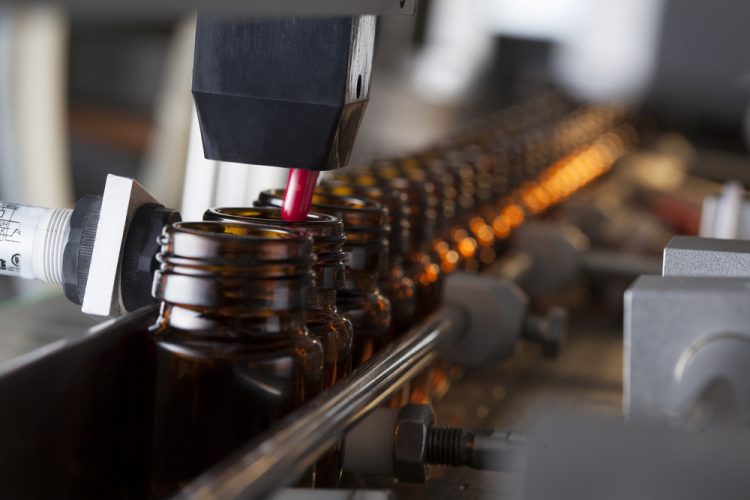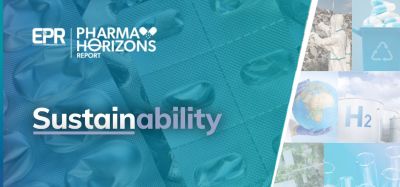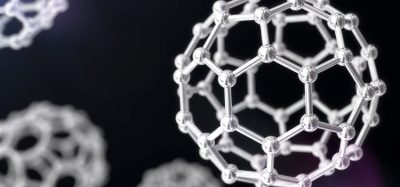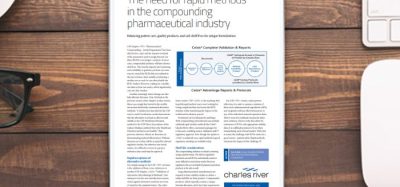Collaboration to develop automated platform for environmental monitoring
Posted: 14 April 2020 | Victoria Rees (European Pharmaceutical Review) | No comments yet
An Irish partnership between academia and industry aims to develop a robotic method for automated environmental monitoring in bioprocessing.


…the new process will enable the faster, more frequent and more reliable collection of environmental information”
A new partnership between academia and industry in Ireland aims to develop a novel environmental monitoring data collection system for pharmaceutical facilities. The consortium, named ‘Project Marvin’, will create a state-of-the-art mobile robotic platform and an open web-based software system.
The members of the partnership include the University College Dublin (UCD) Laboratory for Advanced Manufacturing Simulation and Robotics (LAMS), PM Group, Lonza, Novartis and Ireland’s National Institute for Bioprocessing Research and Training (NIBRT).
According to the consortium, the new process will enable the faster, more frequent and more reliable collection of environmental information and interaction with cutting-edge environmental monitoring and utility/product testing platforms.
UCD-LAMS highlights that as environmental samples in bioprocessing laboratories and facilities are currently collected manually by scientists, the overall process requires a lot of time. Considering regulatory compliance, traditional processes are also error-prone and result in high costs, especially when taking account of the fact that the total number of environmental monitoring samples collected in a biomanufacturing centre can be over several thousand every year.
“With the introduction of an advanced mobile robotic platform that will be capable of automatically collecting environmental information, bioprocessing companies will be able to utilise their high-end personnel in higher added value tasks and the customers of the bioprocessing firms will be able to enjoy lower prices and end products of higher quality,” said UCD-LAMS.
The project is funded by Enterprise Ireland and is part of the Innovation Partnership Programme.
Related topics
Biopharmaceuticals, Bioprocessing, Drug Manufacturing, Environmental Monitoring, Manufacturing, QA/QC









